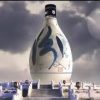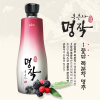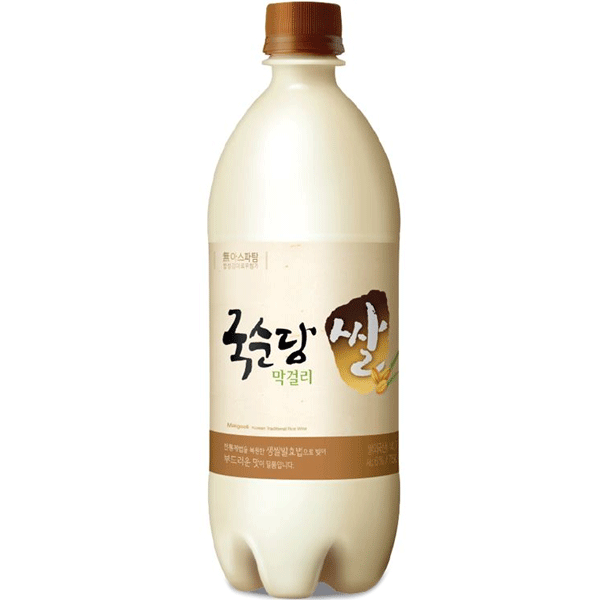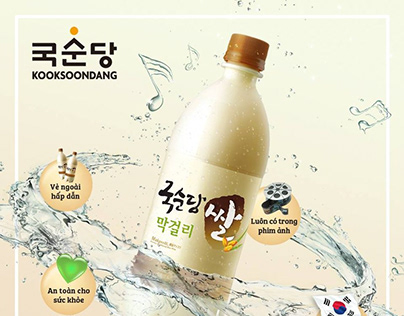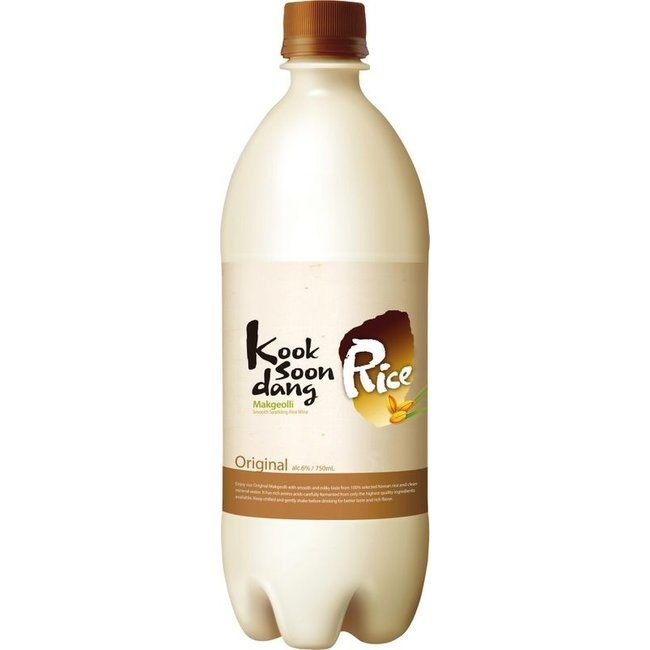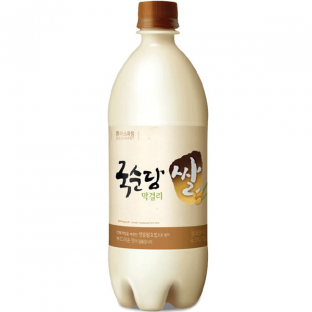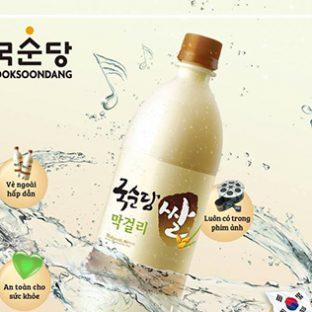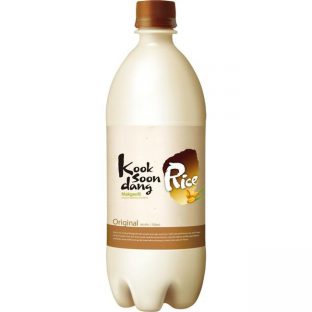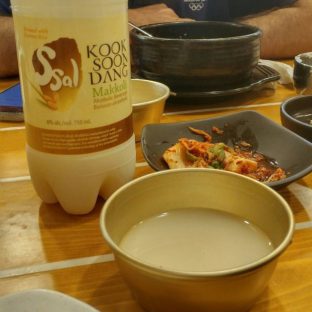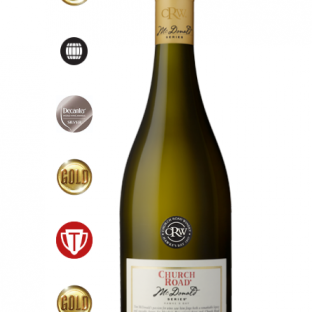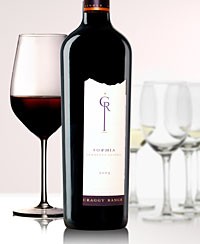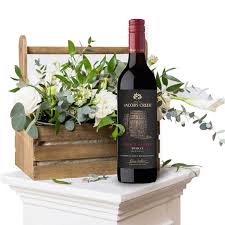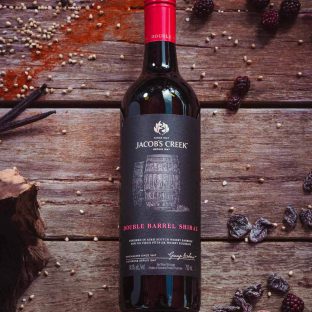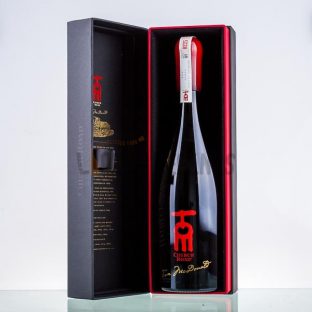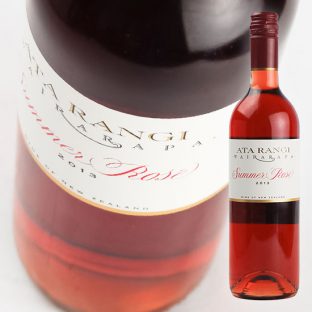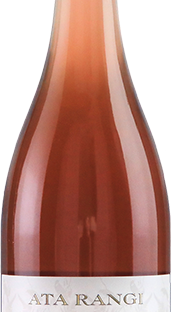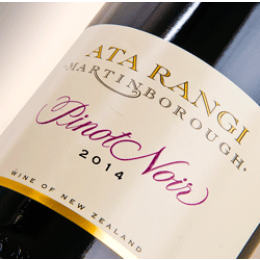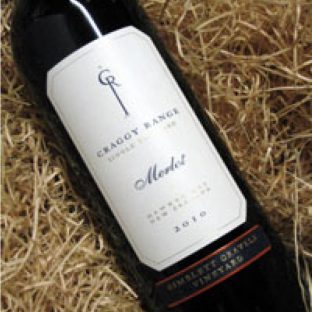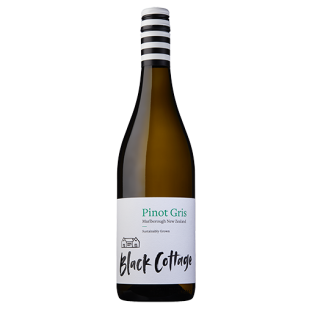Kook Soon Dang Original Makkoli Takju Rice Wine 韩国麴醇堂6%甜酸奶玛格丽米酒 750ml x 6 Bottles
$58.00
Makgeolli, also known as Nongju and Takju (in English referred to as “Korean rice wine “), is an alcoholic beverage native to Korea. It is made from a mixture of wheat and rice, which gives it a milky, off-white color, and sweetness.
It was originally quite popular among farmers, earning it the name nongju meaning farmer liquor. However, it has recently started to become more popular in cities, especially with the younger generations.
Makgeolli, Different from Chinese Rice Wine or Huang-Chiew Rice is the main ingredient of makgeolli. For this reason, some Chinese think it is similar to Chinese rice wine. But it differs in that makgeolli is made through fermentation. Its nutritional value is very high because it is rich in protein, carbohydrates, vitamins, and minerals; all of which are formed during the fermentation.
Sterilized Makgeolli or Non-Sterilized Raw Makgeolli—Pick According to Your Preference Makgeolli can be largely categorized into sterilized makgeolli and non-sterilized raw makgeolli. The difference is in the absence or presence of lactobacilli. Sterilized makgeolli has a clean taste and long storage period, whereas raw makgeolli contains plenty of lactobacilli, which is good for digestion and defecation.
Effective for Skin Care and Diet Makgeolli contains amino acids—such as lysine, methionine, and histidine—that are believed to make the skin taut. It is also rich in vitamins B2 and B6, which help to restore and whiten the skin. In addition, this rice wine is good for the people on a diet. It does not contain many calories: just 46kcal per 100ml.
This is very low compared to the calories in the same amount of other liquors—such as wine (70-74kcal) and whiskey (250kcal).
| Weight | 6 kg |
|---|---|
| Product Brand or Producer | |
| Product Package Size | |
| Price Range | |
| Special Tips | |
| Spirit Region/Country | |
| Spirit Type |

